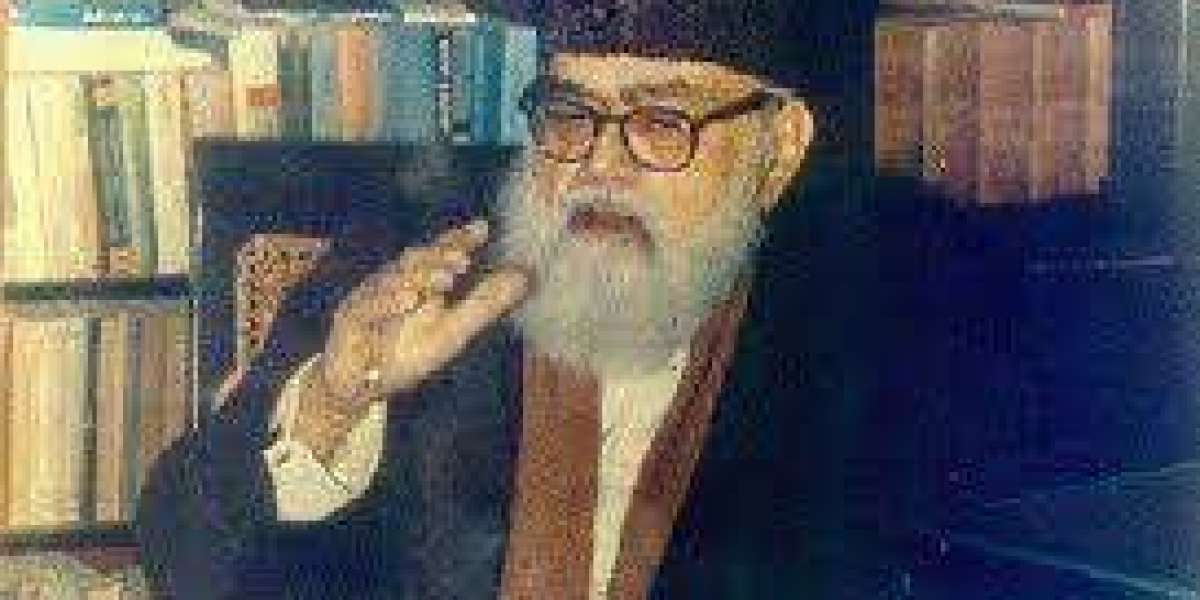Maulana Abul A’la Maududi (1903–1979) was one of the most influential Islamic scholars of the 20th century. His vision of an Islamic state, his opposition to secularism, and his call for a political system governed by divine law continue to shape discussions in the Muslim world. But in today’s rapidly changing political, social, and technological landscape, do Maududi’s books still hold relevance?
Maududi’s Key Ideas
To assess his relevance, we first need to understand what he stood for.
1. Theodemocracy: A Unique Governance Model
Maududi introduced the idea of Theodemocracy, which blended divine rule with limited democratic participation. He believed:
- Sovereignty belongs to Allah – Human governments must follow divine law.
- Leaders are trustees – Rulers should govern according to Islamic principles.
- No secularism – Islam is a complete way of life, governing both personal and political affairs.
2. Islamic Governance and Shariah
Maududi rejected Western democracy in its secular form but acknowledged that an Islamic state could have democratic mechanisms as long as they remained within Shariah. His vision influenced:
- Jamaat-e-Islami – The party he founded in 1941 to promote his ideas.
- Pakistan’s Islamization – His work influenced legal changes in Pakistan, especially under General Zia-ul-Haq.
3. Opposition to Secularism and Western Influence
Unlike reformist scholars who sought a middle ground, Maududi strongly opposed Westernization and believed that adopting Western values diluted Islamic identity.
The Impact of Maududi’s Thought Today
1. Influence on Modern Islamist Movements
Maududi’s ideas remain foundational for Islamist movements across the world, including:
- Jamaat-e-Islami (Pakistan, India, Bangladesh) – Continues to push for an Islamic political system.
- Muslim Brotherhood – While differing in approach, shares Maududi’s vision of Islamic governance.
- Other Islamist groups – His writings have influenced movements in the Middle East, Turkey, and even non-Arab Muslim communities.
2. Shaping Global Islamic Politics
Maududi’s works, especially "Islamic Law and Constitution", have been used by scholars and political leaders advocating for an Islamic state. Even today, debates on Shariah-based governance reference his arguments.
Relevance in Today’s Political Landscape
1. The Rise of Political Islam
- With growing Islamic movements in countries like Turkey, Malaysia, and even Western nations, Maududi’s call for an Islamic political order is still echoed today.
- His critique of Western secularism remains relevant in discussions about Muslim identity in the modern world.
2. The Debate Over Islamic Democracy
- Some modern Islamic thinkers argue that Theodemocracy is a contradiction, while others believe it can be refined.
- Countries like Tunisia (under Rachid Ghannouchi) have tried to balance Islamic values with democracy, showing an evolution of Maududi’s ideas.
3. Influence on Modern Shariah-Based Governance
- Countries like Pakistan, Iran, and Saudi Arabia have incorporated elements of Maududi’s ideology in their legal systems.
- The challenge remains: How do you balance Shariah with contemporary human rights and political freedoms?
Criticism of Maududi’s Relevance
Despite his lasting influence, many scholars and political analysts question the practicality of his ideas today.
1. Views on Democracy vs. Authoritarianism
- Critics argue that Theodemocracy leans more toward theocracy, limiting personal and religious freedoms.
- Modern democratic values, such as pluralism and human rights, often clash with Maududi’s model.
2. Critiques from Modernist Islamic Scholars
- Thinkers like Rachid Ghannouchi advocate for an Islamic democracy with full citizen participation, moving beyond Maududi’s strict framework.
- Others argue that Maududi’s rigid stance doesn’t allow for evolving social and technological changes.
3. Is His Model of Governance Practical Today?
- With the rise of globalization and digital economies, can a strictly Shariah-based system work in a diverse world?
- Countries with Muslim majorities are increasingly embracing economic and social reforms, making full implementation of Maududi’s model difficult.
Adapting Maududi’s Ideas to the Modern World
While some believe his ideas are outdated, others argue they can be reinterpreted to fit modern governance.
1. Can His Theories Be Modified?
- Some scholars propose a flexible approach where Islamic governance coexists with human rights and democracy.
- Others argue that a moral Islamic society is more important than a rigid political system.
2. The Future of Maududian Thought
- Islamic movements today focus more on social and educational reforms rather than just political takeover.
- His call for an Islamic ethical framework remains a major point of discussion among contemporary Muslim scholars.
Conclusion
Maulana Maududi’s ideas continue to shape Islamist movements, Islamic governance, and political discourse. While some of his views may seem rigid in today’s democratic world, his influence remains undeniable. Whether one sees him as a visionary or a controversial figure, the discussion on his relevance is far from over.
FAQs
How did Maulana Maududi influence modern political Islam?
His ideas inspired movements like Jamaat-e-Islami and shaped Islamic governance debates.Is Maududi’s concept of Theodemocracy still viable today?
Many argue that it conflicts with modern democratic values, but some believe it can be adapted.What do critics say about Maududi’s ideology?
Critics argue that his system is too rigid and doesn’t fit in a diverse, modern world.How did Maududi’s ideas shape Pakistan’s laws?
His work influenced Islamization policies, especially during General Zia’s rule.Can Maududi’s teachings be adapted for a modern democratic system?
Some scholars believe his ethical vision can be merged with democracy, but it remains debated.








